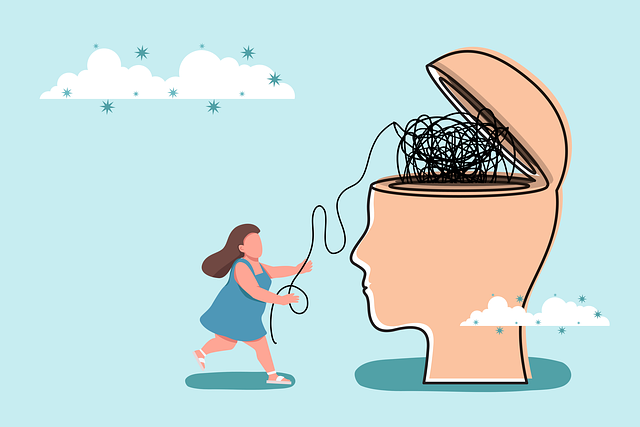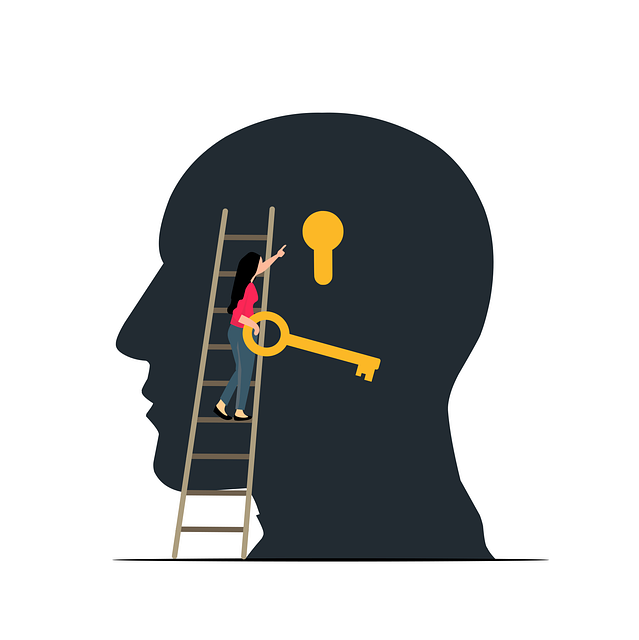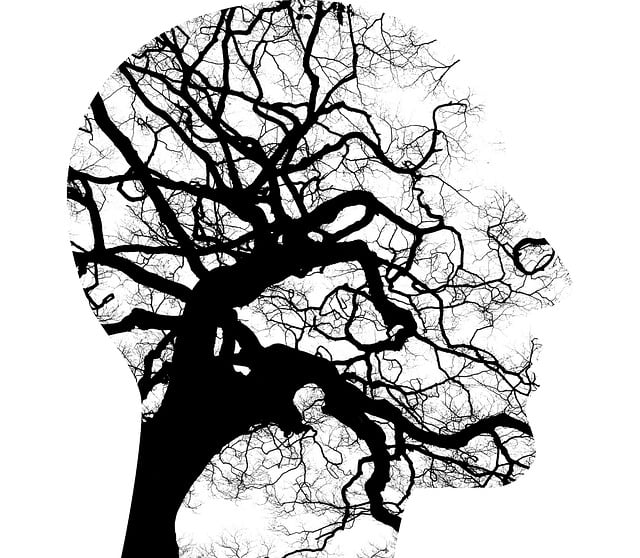Mental illness stigma poses a significant barrier to support-seeking individuals and families, leading to discrimination and isolation. This hinders open discussions and professional help-seeking behaviors. Untreated mental health issues can have severe consequences. Littleton Family Counseling Therapy (LFCT) tackles this challenge through comprehensive Mental Health Education Programs. By raising awareness, promoting understanding, and fostering empathy, LFCT reduces stigma, enabling better family support for loved ones facing mental health struggles. They offer various services, from counseling to mindfulness meditation and self-care practices, advocating for open conversations about mental well-being without judgment.
Mental illness stigma remains a significant barrier to recovery, impacting individuals and families alike. This article explores comprehensive stigma reduction efforts, delving into understanding the profound effects of stigma and its societal roots. We examine education as a powerful tool to break down barriers, emphasize empathy, and foster supportive communities. Additionally, we discuss media representation strategies and highlight innovative approaches like Littleton Family Counseling Therapy, offering holistic solutions for a more inclusive society.
- Understanding Stigma: Its Impact on Mental Health Individuals and Families
- The Role of Education in Breaking Down Stigma Barriers
- Encouraging Open Conversations: Building Empathy and Supportive Communities
- Strategies for Mental Illness Representation in Media and Popular Culture
- Littleton Family Counseling Therapy: A Holistic Approach to Stigma Reduction
Understanding Stigma: Its Impact on Mental Health Individuals and Families

Stigma surrounding mental illness is a pervasive issue that significantly impacts individuals and families seeking support. Often, it manifests as negative attitudes, stereotypes, or beliefs about people with mental health conditions, leading to discrimination and isolation. This societal stigma can deter people from openly discussing their struggles and seeking professional help, such as counseling therapy at Littleton Family Counseling Therapy. The consequences are profound; untreated or improperly managed mental health issues can exacerbate symptoms, impair daily functioning, and even contribute to suicidal ideation.
For families, stigma can create a challenging environment where they may feel ashamed or embarrassed about a loved one’s battle with mental illness. This can hinder open communication and effective support systems. However, Mental Health Education Programs Design focused on raising awareness, promoting understanding, and fostering empathy play a crucial role in reducing stigma. By learning about various mental health conditions, their causes, and evidence-based treatments like Mood Management strategies, families can better equip themselves to provide the necessary support while encouraging their loved ones to seek professional counseling when needed.
The Role of Education in Breaking Down Stigma Barriers

Education plays a pivotal role in dismantling stigma surrounding mental illness. By integrating comprehensive mental health education into curricula at all levels, from schools to community centers, we can foster understanding and empathy. This involves equipping individuals with knowledge about various mental health conditions, their causes, symptoms, and available treatments. It also encourages open dialogue and debunks misconceptions perpetuated by societal norms and media portrayals.
Littleton Family Counseling Therapy emphasizes the importance of these educational initiatives in its mental illness stigma reduction efforts. Through workshops, seminars, and individual counseling sessions, they promote the development of coping skills and communication strategies, empowering individuals to support themselves and others. This holistic approach ensures that communities become more resilient and supportive environments for those facing mental health challenges.
Encouraging Open Conversations: Building Empathy and Supportive Communities

Encouraging open conversations is a powerful tool to reduce the stigma surrounding mental illness. By creating safe spaces where individuals feel comfortable sharing their experiences, we can build empathy and foster supportive communities. This begins with normalizing discussions about mental health within families, schools, and workplaces. Initiatives like Littleton Family Counseling Therapy play a vital role in guiding these conversations, offering counseling services that promote understanding and reduce the isolation often associated with mental illness.
Incorporating practices such as Mental Wellness Journaling Exercise Guidance can further enhance this process. Journaling encourages individuals to reflect on their emotions, challenges, and coping mechanisms, fostering self-awareness and a sense of control. Additionally, promoting Mind Over Matter Principles emphasizes the power of positive thinking and resilience in managing mental health. For those who have experienced trauma, accessing Trauma Support Services is crucial for healing and rebuilding trust in supportive communities.
Strategies for Mental Illness Representation in Media and Popular Culture

In recent years, there has been a growing emphasis on accurate and compassionate mental illness representation in media and popular culture. This shift is crucial in reducing the stigma associated with psychological disorders, as media plays a significant role in shaping societal perceptions. By presenting characters with mental health struggles in a nuanced and relatable manner, we can foster understanding and empathy among audiences. For instance, shows like “One Day at a Time” or movies featuring characters battling depression or anxiety, while not without their flaws, offer valuable insights into the human experience, breaking down stereotypes often perpetuated by less informed storytelling.
Littleton Family Counseling Therapy, in alignment with these efforts, advocates for mental health awareness through various initiatives. They encourage the integration of mindfulness meditation and self-care practices as preventive measures against mental illness. By promoting open conversations about psychological well-being, these therapies empower individuals to seek support without fear of judgment. Furthermore, by normalizing discussions on depression prevention and providing accessible resources, Littleton Family Counseling Therapy contributes to a culture where mental health is prioritized, stigma is challenged, and everyone feels encouraged to take care of their mental wellbeing.
Littleton Family Counseling Therapy: A Holistic Approach to Stigma Reduction

Littleton Family Counseling Therapy offers a holistic approach to stigma reduction, focusing on empowering individuals and families to navigate mental health challenges with resilience and understanding. By integrating evidence-based practices alongside compassionate support, they address not just symptoms but also the underlying causes of distress. This comprehensive strategy involves a blend of Emotional Well-being Promotion Techniques and Conflict Resolution Techniques, fostering healthier relationships and improved emotional regulation.
Through personalized sessions tailored to each family’s unique needs, counselors create a safe space for open dialogue and emotional expression. This supportive environment encourages members to share their experiences, challenge negative beliefs about mental illness, and develop coping mechanisms that strengthen their collective resilience. The ultimate goal is not just to reduce stigma but to foster a deeper understanding and empathy within the family unit, paving the way for better support and care for everyone involved.
Mental illness stigma reduction is a multifaceted endeavor that requires collective effort. From education initiatives to open conversations, each strategy plays a vital role in fostering empathy and supportive communities. As highlighted by Littleton Family Counseling Therapy, a holistic approach can significantly impact breaking down barriers. By embracing diverse representations in media and popular culture, we can further normalize mental health discussions. Through understanding stigma’s profound effects and implementing effective strategies, we take substantial steps towards improving mental well-being for all individuals and families affected.














